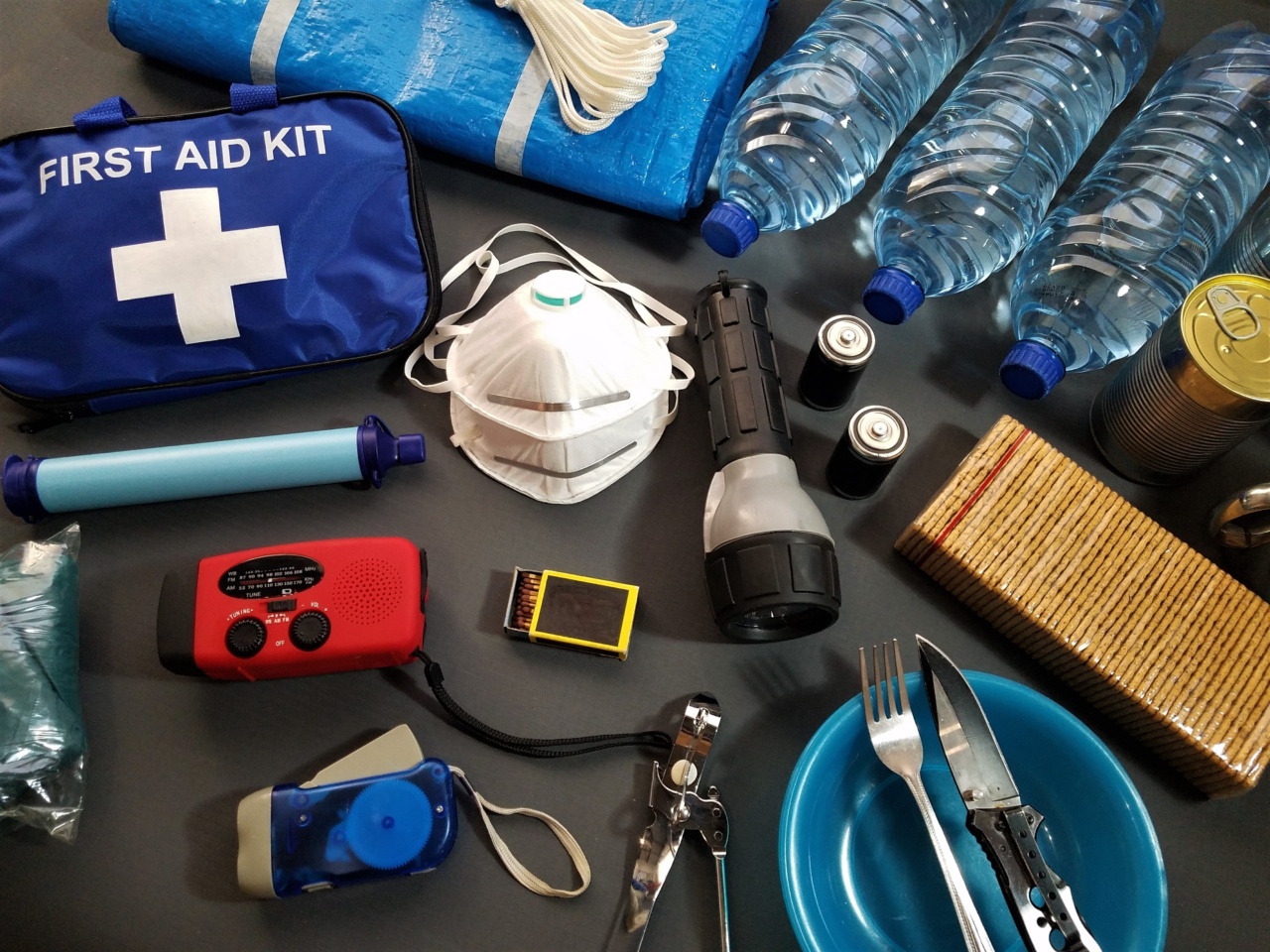Water is an essential component of our bodies and is crucial for maintaining optimal health. It plays a vital role in various bodily functions such as digestion, circulation, temperature regulation, and nutrient absorption.
Adequate hydration also contributes to the overall well-being of our skin, joints, and organs. However, while water is generally seen as a lifesaver, there are hidden dangers associated with it that can impact our health negatively if not properly addressed.
1. Contaminants in Tap Water
Although tap water is treated to make it safe for consumption, it may still contain harmful contaminants. These contaminants can range from disinfectants like chlorine to heavy metals such as lead and mercury.
Prolonged exposure to these pollutants can lead to various health issues including gastrointestinal problems, reproductive disorders, and even cancer. It is important to invest in a reliable water filtration system to ensure the removal of these contaminants.
2. Waterborne Diseases
In certain regions, untreated or inadequately treated water sources can harbor waterborne diseases. Bacteria, viruses, and parasites found in contaminated water can cause illnesses like diarrhea, typhoid fever, cholera, and hepatitis A.
To minimize the risk of waterborne diseases, it is crucial to practice proper sanitation and, when necessary, treat water before consumption.
3. Overhydration
While dehydration is widely recognized as a health concern, overhydration can also pose serious risks. Drinking an excessive amount of water within a short period can dilute the electrolyte balance in our bodies, particularly sodium levels.
This condition, known as hyponatremia, can lead to nausea, confusion, seizures, and in severe cases, comas or death. It is essential to maintain a balance and drink water in moderation.
4. Microplastics in Bottled Water
Bottled water has become increasingly popular due to its convenience and perceived purity. However, studies have shown that plastic bottles can release microplastics into the water.
These tiny particles can accumulate in our bodies over time, potentially leading to various health issues. Opting for alternatives such as filtered tap water in reusable containers can significantly reduce exposure to microplastics.
5. Water Quality and Skin Health
Water quality can significantly affect skin health. Chlorine and other chemicals present in tap water may strip the skin of its natural oils, leading to dryness, irritation, and even dermatitis.
Hard water with high mineral content can also have a similar effect on the skin. Installing a water softener or using skincare products that work to counteract the effects of hard water can help maintain healthy skin.
6. Impact on Dental Health
The quality of water we consume has a significant impact on our dental health. Fluoridated water, which contains an optimal level of fluoride, helps prevent tooth decay and maintains oral hygiene.
However, excessive fluoride intake can lead to dental fluorosis, causing discoloration and pitting of the teeth. It is essential to ensure a balance in fluoride consumption to protect dental health.
7. Potential Medication Interactions
Drinking water is generally considered safe and beneficial when taking medications. However, certain medications, especially those that require specific pH levels for absorption, may interact negatively with tap water.
The chemicals present in tap water can alter the effectiveness or stability of the medication. It is advisable to consult a healthcare professional or pharmacist to understand any potential interactions.
8. Water and Digestive Health
Water plays a crucial role in maintaining the health of our digestive system. It aids in breaking down food, absorbing nutrients, and preventing constipation.
However, certain factors like contaminated water sources or excessive use of bottled water can disrupt the natural balance of our gut microbiome. This imbalance may lead to digestive issues such as diarrhea, bloating, and stomach cramps.
9. Impacts on Mental Health
Dehydration affects cognitive function, mood, and overall mental well-being. Studies have shown a significant correlation between dehydration and decreased cognitive performance, increased fatigue, and feelings of anxiety and irritability.
It is essential to stay adequately hydrated to support optimal brain function and maintain good mental health.
10. Environmental Impact of Water Waste
While the focus of this article has primarily been on the dangers of water on human health, it is important to consider the broader environmental implications.
Excessive water usage and wastage contribute to water scarcity, habitat destruction, and contamination of natural water sources. Conserving water through responsible consumption and supporting sustainable practices can help preserve our planet’s resources for future generations.






























